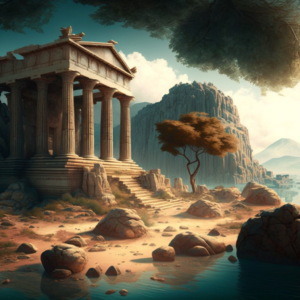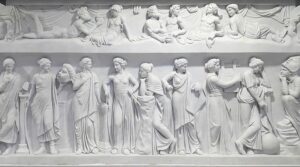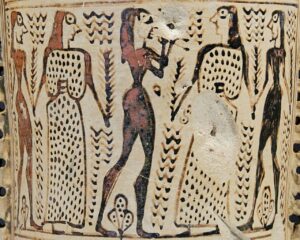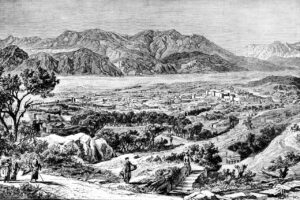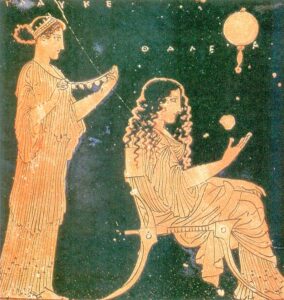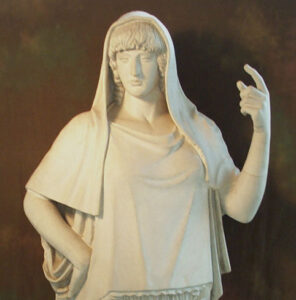The legacy of ancient Greece on the events of world history and modern culture is profound. The ancient Greek civilization, which emerged around the 8th century BCE, has had a profound and lasting impact on the world. Historians have identified several aspects of the legacy of ancient Greece, including its contributions to philosophy, politics, and art, to its influence on language, science, and religion. In this article, we will take a comprehensive look at the legacy of ancient Greece and the ways in which it continues to shape our world today.
Philosophy and the Legacy of Ancient Greece
Ancient Greece was the birthplace of Western philosophy, and the works of its philosophers continue to be studied and discussed to this day. The three greatest philosophers of ancient Greece were Socrates, Plato, and Aristotle. Socrates was known for his method of questioning, known as the Socratic Method, which is still used in modern education. Plato was a student of Socrates and is best known for his dialogues and theory of Forms. Aristotle was a student of Plato and is known for his comprehensive works on logic, metaphysics, ethics, and politics.
Overall, the philosophical insights first established in ancient Greece, laid the foundation for Western philosophical beliefs, which remain important still today.
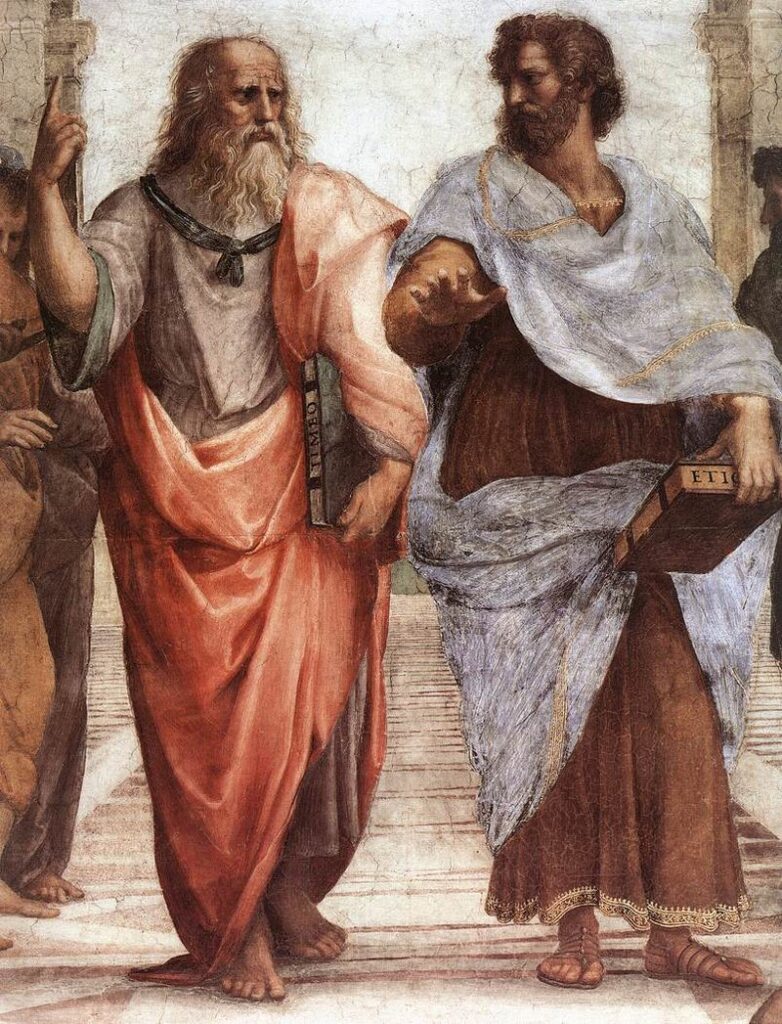
Politics and the Legacy of Ancient Greece
The political legacy of ancient Greece can be seen in the modern concept of democracy. The ancient Greeks were the first civilization to develop the idea of democracy, and the city-state of Athens is considered to be the birthplace of democracy. In Athens, citizens were directly involved in the governance of the city through the assembly, where laws were debated and passed, and the courts, where citizens could serve as jurors.
Democracy as an ideology has evolved and spread over time, and stands today as the dominant form of governance in the world. For instance, most countries in the world now practise some for of democracy. This is especially true in Western countries, which are founded on the basic principles of democratic governance. For example, democracy is considered a basic form of government in each of the following nations: Australia, Canada, England, France, Germany, and the United States. With that said, many more nations around the world have adopted democratic ideals in their own nations.
Art and Architecture and the Legacy of Ancient Greece
The art and architecture of ancient Greece have had a lasting impact on Western civilization. In particular, the ancient Greeks were known for their amazing sculptures, which were often used to show the ancient Greek gods or the heroes of ancient Greek mythology. For example, famous ancient Greek sculptures include the Winged Victory of Samothrace and the famous statue of Zeus at Olympia. Unfortunately, the Zeus statue at Olympia no longer exists, but it still stands as an amazing accomplishment of art in ancient Greece.
The ancient Greeks were also known for their amazing architecture. The ancient Greeks built a variety of buildings, including temples, theaters, and homes. Greek temples were grand buildings that were built in honor of the gods. They were typically made of marble and were decorated with sculptures and reliefs depicting scenes from Greek mythology. The Parthenon, a temple dedicated to the goddess Athena, is considered to be one of the finest examples of ancient Greek architecture and is a symbol of Western civilization.
The art and architecture of ancient Greece both laid a foundation, upon which later civilizations and artist used to build their own works of art. For instance, Roman art and architecture was heavily inspired by the Ancient Greeks. Also, the ancient Greeks also heavily inspired famous Renaissance artists such as Leonardo da Vinci and Michelangelo.
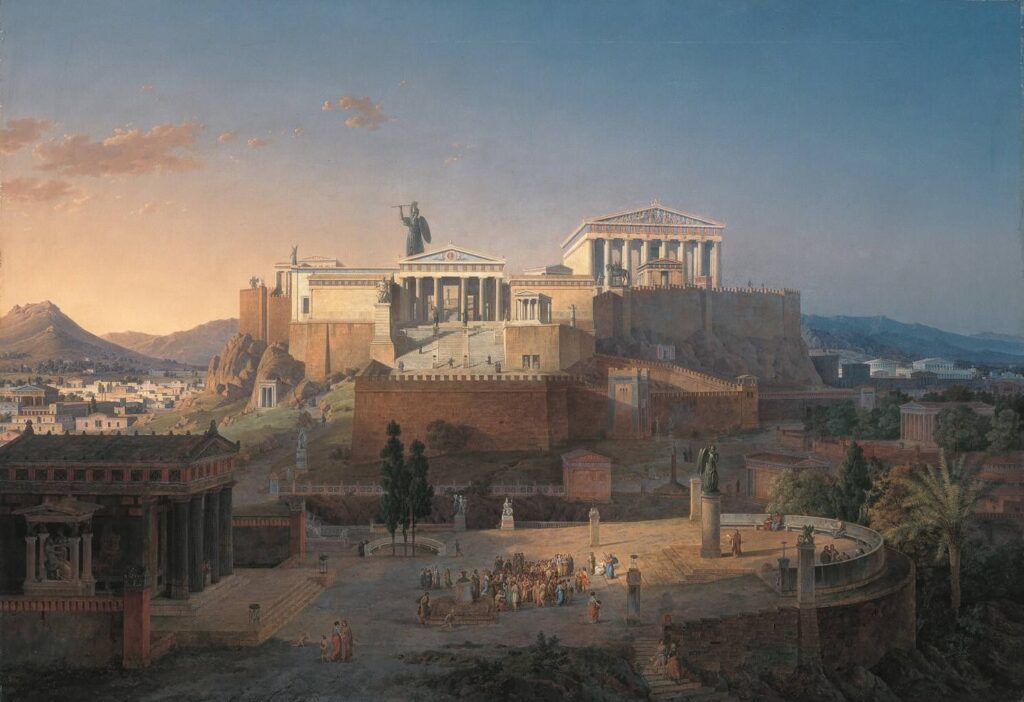
Literature and the Legacy of Ancient Greece
The ancient Greeks made significant contributions to the development of the Western alphabet and the study of language. The Greek language has had a lasting impact on the English language, with many words and phrases being borrowed from Greek. The Greeks were also known for their epic poems, such as Homer’s Iliad and Odyssey, which continue to be read and studied to this day.
Science and Mathematics and the Legacy of Ancient Greece
The ancient Greeks made significant contributions to the fields of science and mathematics. The philosopher and mathematician Pythagoras is considered to be the father of numbers, and his theorem is still used in mathematics today. The physician Hippocrates is considered to be the father of medicine, and his works, known as the Hippocratic Corpus, continue to be studied by modern physicians. The philosopher and scientist Aristotle made important contributions to the study of biology and the natural world.
As well, Archimedes also made several important contributions to the fields of science and mathematics in ancient Greece. His works have been studied and built upon by mathematicians and scientists for over two thousand years, and his contributions to mathematics and physics are still relevant and widely used today. He is remembered one of the greatest scientists in ancient Greek history, and his contributions have helped shape the world we live in today.
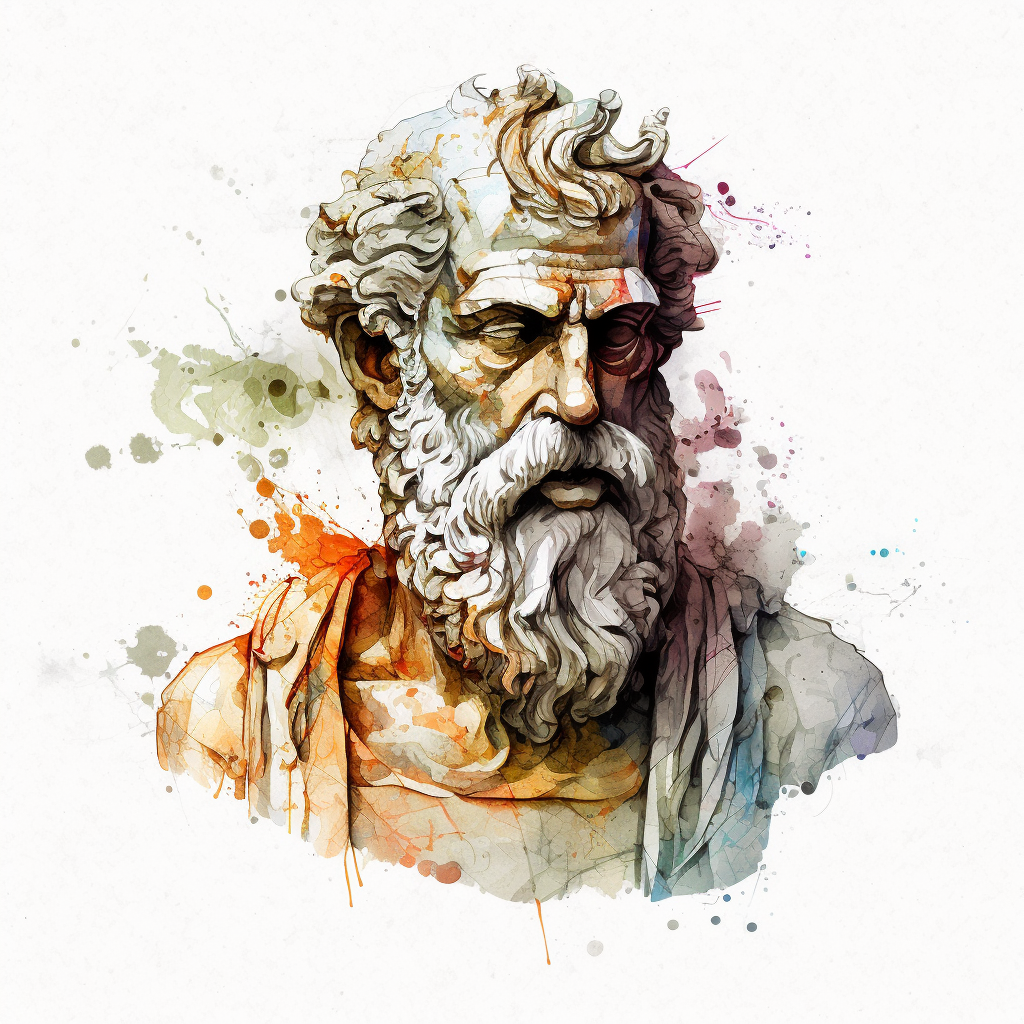
Religion and the Legacy of Ancient Greece
The ancient Greeks had a rich and diverse religious system, with many gods and goddesses, each with their own specific responsibilities. The most important of these gods was Zeus, who was considered to be the king of the gods and the god of the sky. The Greeks also believed in an afterlife, and the myth of Hades and the Underworld was an important part of their religious beliefs. The legacy of ancient Greek mythology can be seen in how it inspired art and artists throughout history. In fact, there are still movies being made today based upon the basic principles and beliefs of ancient Greek religion.
Summary of the Legacy of Ancient Greece
The legacy of ancient Greece continues to shape our world today. From its contributions to philosophy, politics, art, and architecture, to its impact on language, science, and religion, the ancient Greeks left a lasting legacy that has influenced the development of Western civilization. Today, the study of ancient Greece remains an important part of the Western cultural heritage and provides a window into the achievements and intellectual legacy of one of the world’s earliest civilizations.


